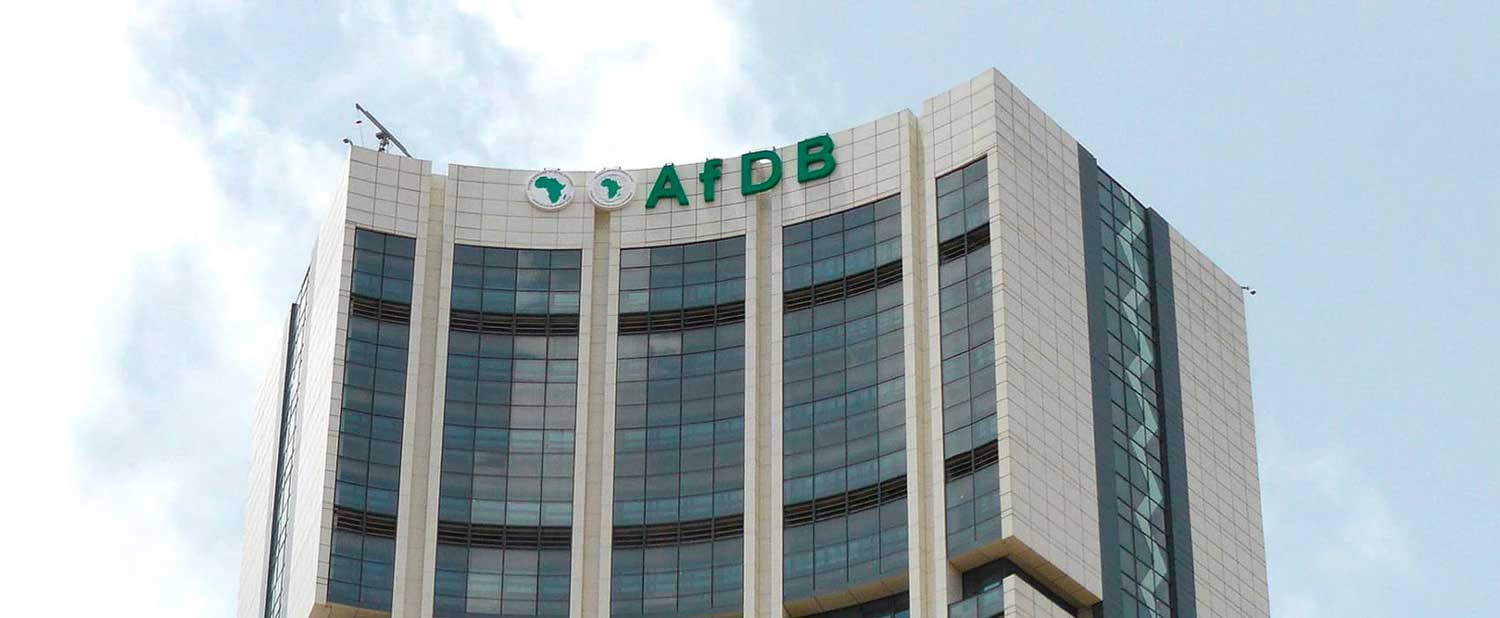Mojisola Adeyeye, director-general of NAFDAC
Mojisola Adeyeye, director-general of the National Agency for Food and Drug Administration and Control (NAFDAC), has assured Nigerians that genetically modified organisms (GMOs) in foods are not harmful.
Adeyeye spoke on Thursday during an appearance on Sunrise Daily, a breakfast programme on Channels Television.
“GMOs are genetically modified foods when it comes to food, and they are not bad for us, depending on what type of foods they are and whether these safety considerations have been taken,” she said.
Her comments come amid growing public debate over the safety and ethics of GMOs in Nigeria, where the adoption of biotechnology in agriculture has been championed and contested by scientists, farmers, and civil society groups.
Advertisement
Recently, genetically modified maize and cowpea have been approved for commercial cultivation in Nigeria, sparking health and environmental concerns.
Adeyeye harped on the role of the National Biosafety Management Agency (NBMA), adding that it is mandated to ensure the safety of GMOs in Nigeria.
“We work in collaboration with the Biosafety Management Agency. We have an MoU with them. They are mandated to ensure that the foods with GMOs are quality and safe,” she said.
Advertisement
“For NAFDAC, our goal is to ensure that the food we approve for the market is safe, of course, of quality, and efficacious.
“So that is why the collaboration between NBMA and us is solid. Without them certifying that they have done their due diligence in their laboratory or for death review or whatever, we cannot approve.”
She also spoke about the importance of transparency in food labelling, noting that consumers should be able to make informed choices.
“When shopping, I look at the label. I want to be sure that the NAFDAC label is on it. And it’s also supposed to have genetically modified food written on it,” she said.
Advertisement
“When you look at foods, especially in grocery stores, you will see foods that are not organic. And people have a choice to buy which one they want.”
‘WE SHUT DRUG MARKETS TO DISMANTLE DANGEROUS CABALS’
Speaking on the agency’s recent shutdown of major open drug markets in Lagos (Idumota), Aba, and Onitsha, Adeyeye said the action was necessary to protect public health.
“These markets have been there forever, and nobody was able to do effective enforcement,” she said.
Advertisement
“Unfortunately, there are some unscrupulous marketers among them that have formed cabals where expired drugs are revalidated, where drugs that have been banned are brought into the country, where low-quality products are sold.”
She said the operation was treated as “going to war”, and involved over 1,300 security operatives from the police, Department of State Services (DSS), and the military.
Advertisement
Adeyeye added that the agency worked closely with market unions to identify violations.
“Almost all of them had bad storage practices. The fact that you even have a good drug, if you store it in a bad place, that product will break down,” she said.
Advertisement
“As soon as we got the inventory of violations, we reopened stores that had no infractions and penalised those that did.”
Adeyeye added that the agency’s long-term goal is to relocate drug sellers to coordinated wholesale centres (CWCs) like the one in Kano — where regulatory agencies are permanently stationed.
Advertisement










